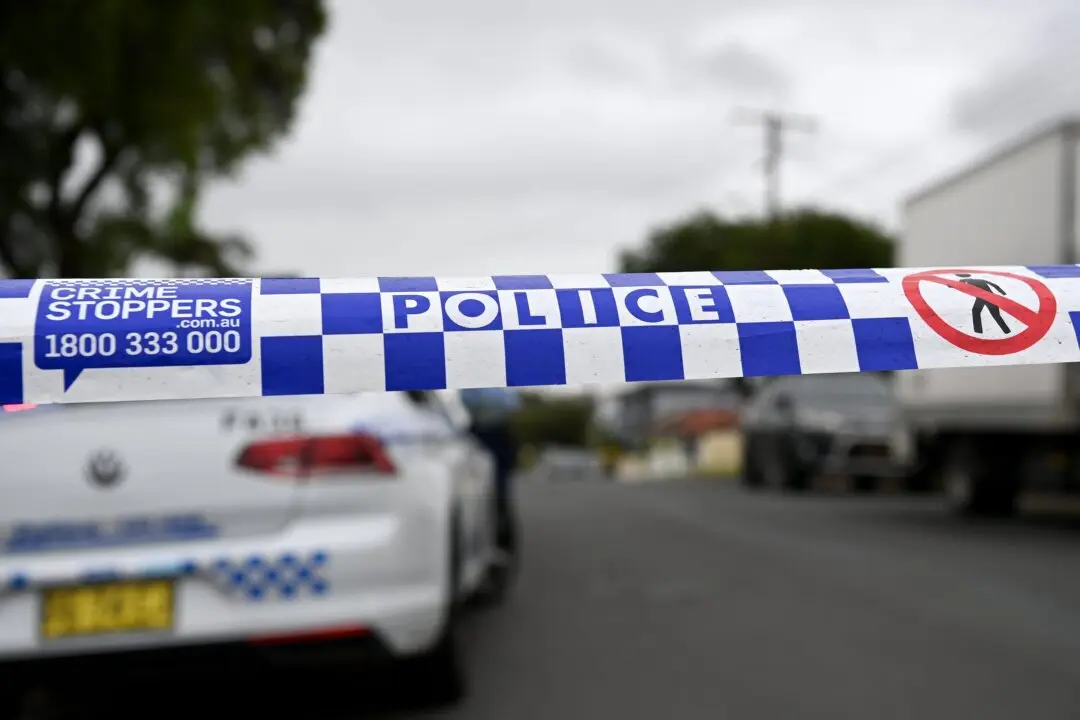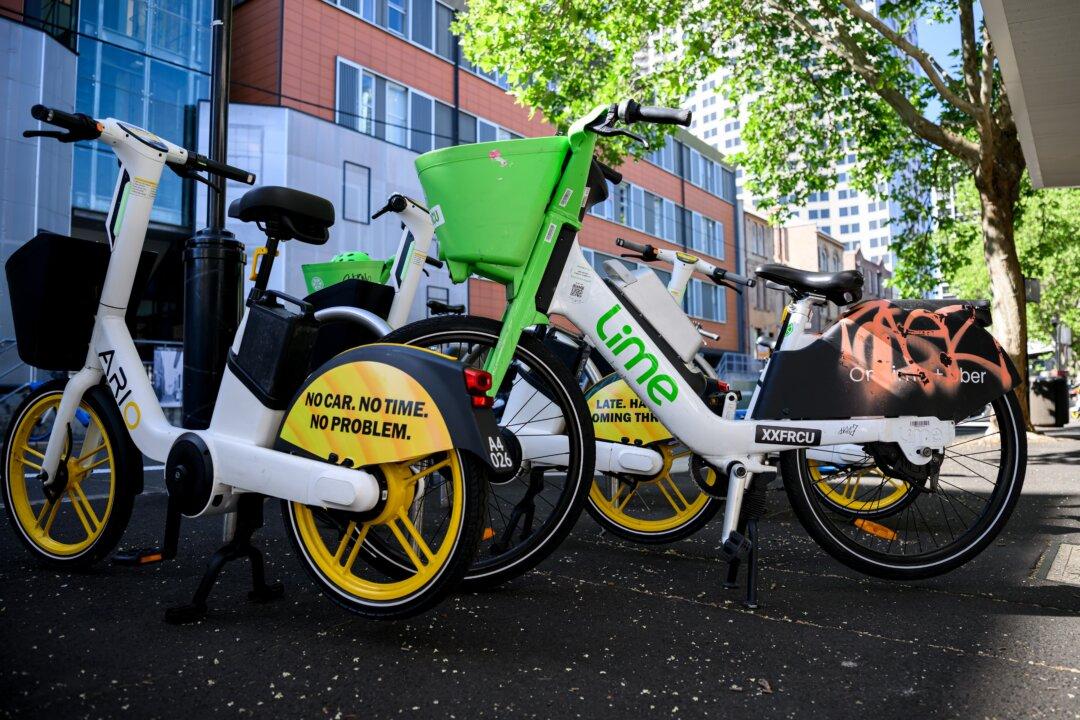Western Australia will relax its social distancing and movement restrictions to allow up to 10 people to gather for non-work activities, as the state recorded another day of zero new CCP virus cases.
Premier Mark McGowan said it was a “cautious relaxation” of restrictions, acknowledging it had been difficult for everyone, but especially the elderly, to not see family and friends during the pandemic.





